Modelling of brain stimulation to unveil signal propagation and network dynamics
Modelling of brain stimulation to unveil signal propagation and network dynamics
Date: December 13 2023 - at 2.45 PM (Italian time)Where: Aula Magna del VIMM, Via Giuseppe Orus, 2, 35129 Padova PD
The human brain comprises distinct resting-state networks (RSNs) characterized by spontaneous activity patterns. Despite this highly structured functional pattern, its laws of motion and principles of organization have proven challenging to understand with currently available measurement techniques. In such epistemic circumstances, an extremely elegant modus operandi to investigate brain complexity with high spatial and temporal resolution entails the administration of precise and synchronized external stimulation, followed by a meticulous examination of the resulting induced propagation dynamics that emerge in response to these perturbations. In this framework, a combination of empirical stimulus-evoked data analyses and whole-brain, connectome-based neurophysiological modelling provide an elegant scaffold to investigate questions around the physiological basis and spatiotemporal network dynamics of RSNs’ activity. Deciphering this evoked propagation pattern is essential for a comprehensive understanding of the brain’s response to stimulation and therefore for personalized and targeted interventions, with potential applications ranging from therapeutic treatments to cognitive enhancement. Dr. Momi will also give a more technical lectures about the mathematical modelling and computational pipelines for the students of Physics of Data on Thursday 14 December at 2.30 pm, in P2B room, Paolotti building. This lecture are open also for PNC Ph.D. students.
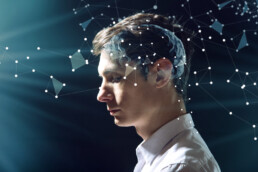
conference speakers
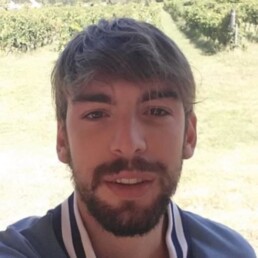
Davide Momi
Davide is a second year Post-Doctoral Research Fellow at Krembil Centre for Neuroinformatics (Toronto). He completed his Ph.D. at the Department of Neuroscience, Imaging and Clinical Sciences at the University of Chieti. As part of his PhD, Davide attended a period abroad at the Martinos Center for Biomedical Imaging in Boston. Prior to his doctoral studies, he obtained a Master’s degree in “Neurosciences and Neuro-Psychological Rehabilitation” from the University of Bologna and a Bachelor’s in “Psychology” from the University of Perugia. Davide has experience with multimodal neuroimaging and electrophysiological data, brain stimulation, quantitative structural MRI assessment, machine learning, simulations of macroscale brain dynamics. His research is mainly focused on personalized simulations of brain dynamics to provide a better understanding of neurological and psychiatric disorders.
The transformers revolution: how an algorithm shaped the current AI landscape and society
The transformers revolution: how an algorithm shaped the current AI landscape and society
Date: November 8 2023 - at 4.30 PM (Italian time)Where: Aula Rostagni, Physics and Astronomy Dept, Via Paolotti 9, 35131, Padova
The original Transformers architecture by Vaswani et al. dates only to 2017. In a very short time, it revolutionized our understanding of the capabilities of Artificial Intelligence. This session explores how this idea revolutionized natural language processing, enabling machines to comprehend and generate human-like text. From their inception to contemporary applications, we elucidate the profound influence of Transformers in diverse fields, including chatbots, and multimodal content generation. We investigate the societal effects, scrutinizing the ethical implications, biases, and job market transformations induced by this technology.

conference speakers
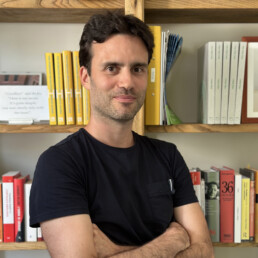
Carlo Nicolini
Carlo Nicolini, PhD is currently Senior Scientist at Ipazia SpA, a company of artificial intelligence services for industry and banks. After completing a PhD in applied physics focused on community detection in brain fMRI networks, he pursued postdoctoral studies exploring the statistical physics of complex systems. His research spanned various fields, including neuroscience and finance. Transitioning to industry, he joined a leading data science consulting firm in Italy, where he served as a senior analyst in the financial services sector. He is the creator of scikit-portfolio, a library for financial portfolio optimization. Currently, his research interests lie at the crossroads of deep learning, statistical physics, and finance.
From the Transformer architecture to ChatGPT
From the Transformer architecture to ChatGPT
Date: October 17, 2023 - at 4.30 PM (Italian time)Where: Aula Voci, Physics and Astronomy Department, Via Francesco Marzolo 8, 35131, Padova
Large Language Models (LLMs) have risen to prominence in recent years thanks to their ability to accurately model human Natural Language, solve reasoning tasks and effectively assist humans in several tasks via a chat interface.
In my talk I will introduce the core neural network architecture behind LLMs, the Transformer. I will further present the main line of research and insights that lead to the successful scaling of Transformer Language Models up to hundreds of billions of parameters. Finally I will relate the main ideas that let us turn a Large Language Model into a useful language assistant such as ChatGPT.
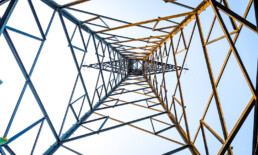
conference speakers
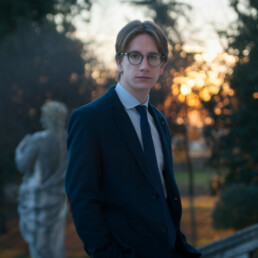
Nicola Dainese
Nicola Dainese graduated in Physics of Data in 2020. He is now PhD Candidate in Computer Science (Deep Learning and Artificial Intelligence) at Aalto University, Finland. His expertises are reinforcement learning and language models.
A magnifying glass to elucidate their rise in photovoltaics: atomistic simulations of organic halide perovskites
A magnifying glass to elucidate their rise in photovoltaics: atomistic simulations of organic halide perovskites
Date: June 20, 2023 - at 11.00 AM (Italian time)Where: Aula P1A, Complesso Paolotti, Via Giambattista Belzoni 7, 35131, Padova
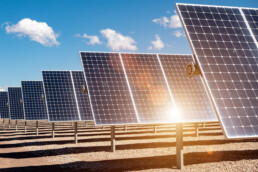
conference speakers
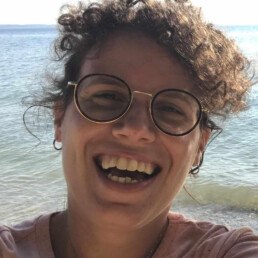
Virginia Carnevali
Modelling and quantifying robustness of interconnected systems: at the crossroad of network science and AI
Modelling and quantifying robustness of interconnected systems: at the crossroad of network science and AI
Date: June 16, 2023 - at 11.00 AM (Italian time)Where: Aula B, Via Paolotti 9, 35131, Padova
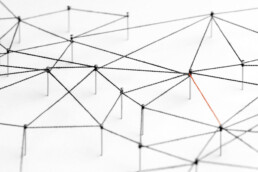
conference speakers
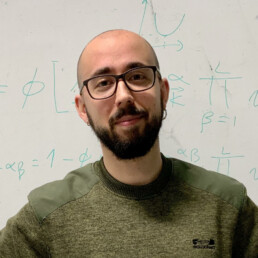
Oriol Artime
Before and after chatGPT: chances, changes, and opportunities of large language models in research
Before and after chatGPT: chances, changes, and opportunities of large language models in research
Date: May 23, 2023 - at 16.30 (Italian time)Where: Aula B, Via Paolotti 9, 35131, Padova
We have all come to realize recently that there is a before and after ChatGPT, the algorithms created for the new large “language model”. This is especially true for the fields of AI, CS, Data Science, and ML, but in other ways also for social sciences, humanities, and industry. Many of these changes are relevant to the work we do, and LLMs will change it forever.
In his talk, Dirk will explain the revolutionary ideas behind ChatGPT and their history. He will also give his take on how these new tools change possibilities for research and society, and what to be aware of when using them. He will discuss the worries and concerns as well as the new possibilities emerging every day.
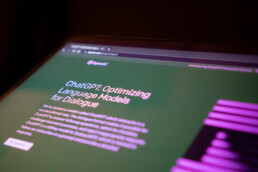
conference speakers
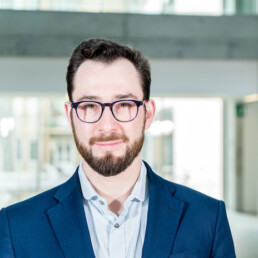
Dirk Hovy
Andrea Pin
Associate Professor of Comparative Public Law, University of Padova.
Threats to Sustainability under Climate and Societal Change
Threats to Sustainability under Climate and Societal Change
Date: May 12, 2023 - at 11.15 AM (Italian time)Where: Aula Rostagni, Via Paolotti 9, 35131, Padova
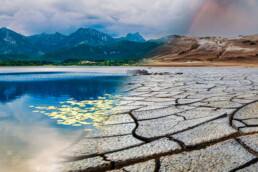
conference speaker
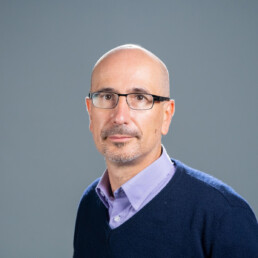
Paolo D’Odorico
Modelling weather & climate: challenges and applications.
Modelling weather & climate: challenges and applications.
Date: March 10, 2023 - at 02.30 PM (Italian time)Where: Aula Rostagni, Via Paolotti 9, 35131, Padova
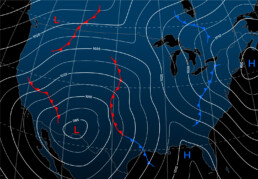
conference speaker
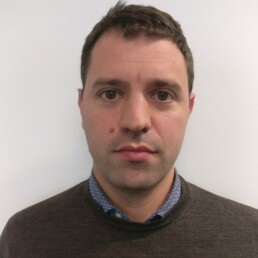
Dr. Giacomo Masato, Ph.D
